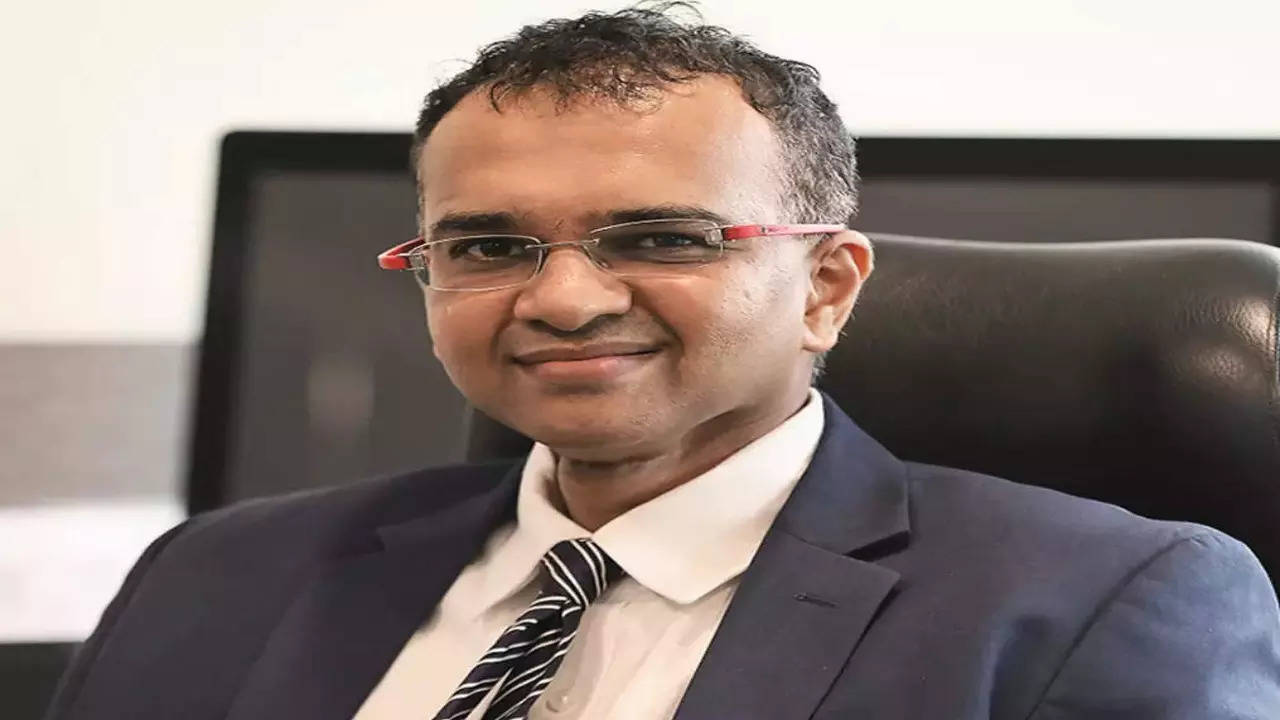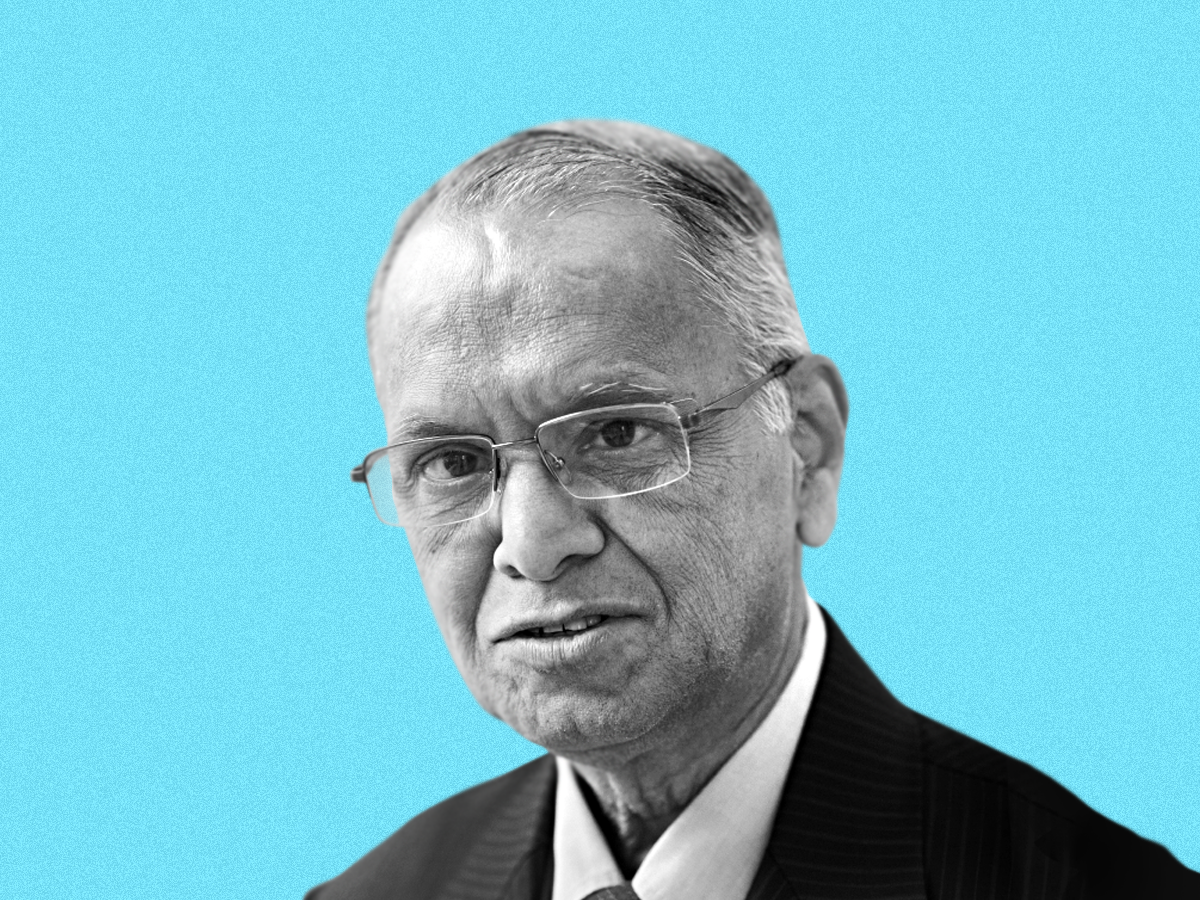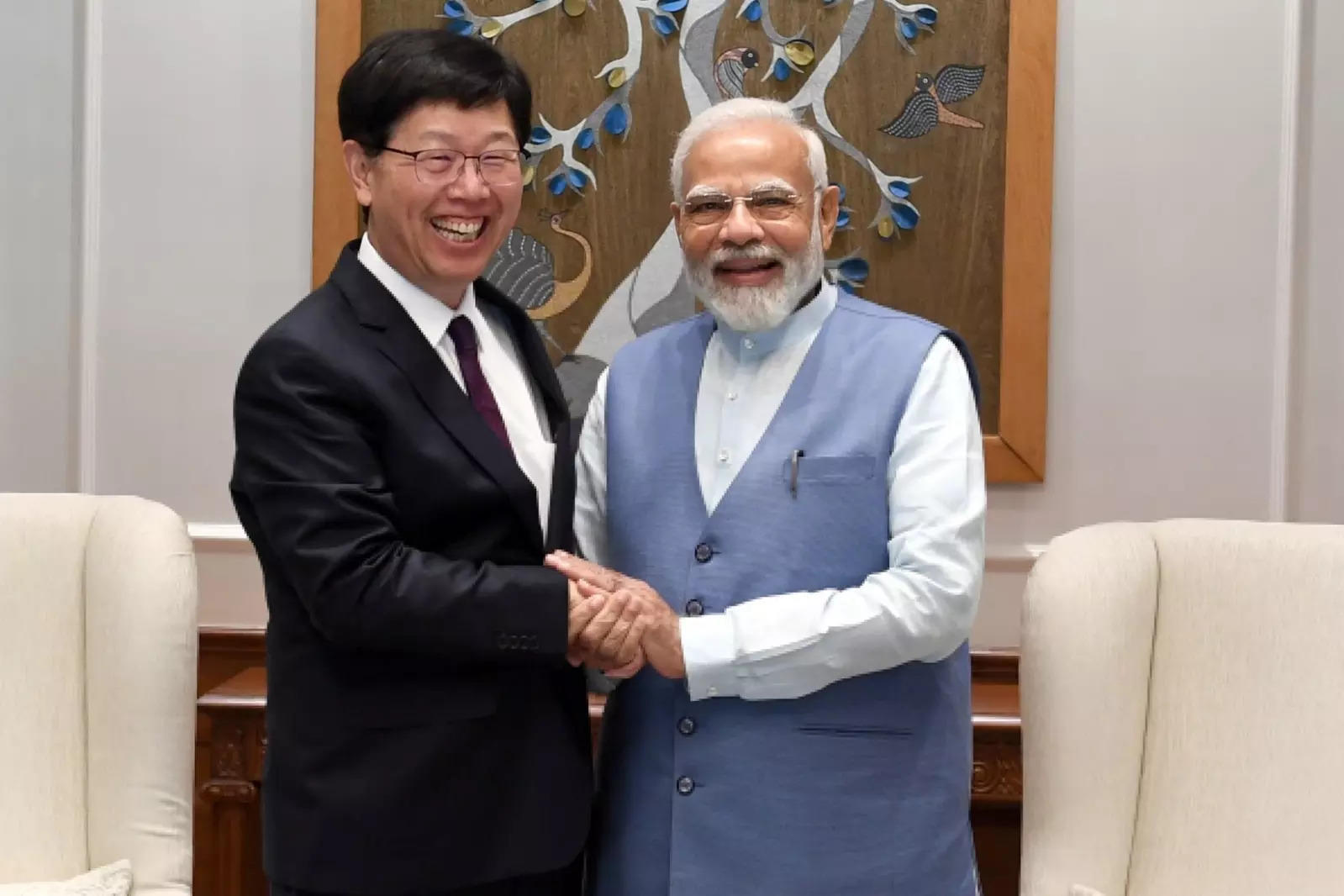[ad_1]
Also in this letter:
■ VCs responsible for growth culture in startups: Narayana Murthy
■ Governance layer necessary for financial services: NPCI CEO
■ Foxconn chairman to visit Bengaluru
Fintechs Paytm, PhonePe, Google Pay eye advertising revenues from brands

With a captive user base and a high daily user engagement, fintech platforms like Paytm, Walmart-owned PhonePe and Google Pay are increasingly gaining traction among direct-to-consumer (D2C) brands as an advertising destination and customer acquisition engines, industry executives told ET.
Why are fintechs the new choice? Paytm claims to have 89 million monthly transacting users on its platform. Rival PhonePe claims to have 440 million overall customers. The cost per conversion on fintech platforms is much lesser than tech giants like Meta-owned Facebook, and Google.
What is the cost? According to an industry source, the average cost per mile – which refers to the cost incurred per 1,000 ad impressions – for fintech apps is around Rs 70-150 for their clients on a daily basis. Further, 60-65% of the total advertising spend on these platforms is contributed by direct brand partnerships without any involvement of media buying agencies.

Small scale: While advertising on fintech platforms may catch advertisers’ attention, D2C brands warn that it works only as an engine to add incremental sales and that scalability remains a challenge.
Instruct delivery staff not to use bikes as taxis: Delhi govt to etailers

Delhi will ask food ordering and e-commerce companies to instruct delivery partners to not use their two-wheelers as bike taxis, a top state government official told ET. This will likely bring clarity to the likes of Swiggy and Zomato, who flagged that their drivers are being given pulled up by the cops despite the recent ban only applying to bike taxis.
From the horse’s mouth: “We are not catching anyone operating in the food delivery and e-commerce sector,” Ashish Kundra, principal secretary and commissioner, transport department, Delhi, told ET. “If there have been any incidents of food delivery workers being given challans, they might have been doubling up as bike taxis, which is not legal.”
Complementary sectors: Bike taxis and food delivery are complementary in nature for drivers. The lean hours of food delivery are actually peak hours for ride-hailing. This gives drivers the chance to earn more money from being in the gig industry. Swiggy is an investor in bike-taxi company Rapido.
There has to be a governance layer if you’re in financial services: NPCI’s Dilip Asbe

National Payments Corporation of India (NPCI) CEO Dilip Asbe said there is no need for Indian fintechs to operate in a grey area as new public infrastructure projects such as Open Credit Enablement Network (OCEN) and Unified Payments Interface (UPI) are providing huge opportunities for founders.
Quote unquote: “When fintechs are small, they operate in a grey area and no one comes and asks you to stop… . But once you are significant then you will be stopped. There has to be a governance layer if you’re in financial services right from the start. And technically we have all the platforms whether UPI or OCEN to innovate on. And there’s no need for fintechs to operate in grey areas,” he said.
Room for digital payments to scale: The NPCI chief said currently there is still room for digital payments to scale in the country. “We still have a 10x scale to achieve. But the question for us is whether we can do it in the next 18 months. NPCI is still very slow … We are number two brand in cards now,” Asbe said during Pine Labs’ X.O conference.
Infosys cofounder Narayana Murthy says VCs responsible for current growth culture in startups

NR Narayana Murthy, the cofounder of Infosys, criticised the growth-at-any-cost mindset prevalent in most startups, stating that venture capitalists and investors were primarily responsible for promoting this approach, which prioritises topline growth at the expense of other essential factors.
Ponzi scheme: At the Nasscom Technology and Leadership Forum, Murthy drew parallels between the growth-at-any-cost mindset in most startups and a Ponzi scheme, where the risk is continuously passed on to the next group of investors. He placed the blame primarily on venture capitalists and investors, particularly the older generation.
Advice to founders: According to NR Narayana Murthy, if startup founders are unsure of when to abandon an idea, they should continue pursuing it until they encounter a structural weakness in the idea that they are unable to overcome concerning the market’s requirements.
Foxconn chairman to visit potential sites for investment near Bengaluru

A 17-member team from Hon Hai Technology Group (Foxconn) led by its chairman Young Liu will visit potential sites for investment in Bengaluru on Friday as Karnataka tries to emerge as an electronics and manufacturing hub for global firms.
Details: The team had met top officials in Delhi on Wednesday and said that it “looks forward to walking hand in hand to make semiconductors a success in the country.” On Tuesday, Liu had met PM Narendra Modi, pledging to build an ecosystem in India. The team will visit potential sites that the Karnataka government could make available to the Taiwanese giant for investment.
Background: The scheduled visit by the Foxconn team follows a meeting between a high-level delegation from Karnataka, last month, with Chairman Liu in Taiwan. An investment by Foxconn, the state believes, would help it attract many other frontline global electronics companies.
India focus: Foxconn’s increased India push is triggered by a strong domestic demand for iPhones as well as a surge in exports from India led by the overall diversification of global supply chains away from China. Last year Foxconn also announced an infusion of $500 million into its India unit.
Tweet of the day
ET Ecommerce Index
We’ve launched three indices – ET Ecommerce, ET Ecommerce Profitable, and ET Ecommerce Non-Profitable – to track the performance of recently listed tech firms. Here’s how they’ve fared so far.

IT industry undergoing corrections. layoffs can’t be ruled out: Nasscom chairperson

Krishnan Ramanujam, the chairperson of industry association Nasscom, has warned that the IT industry is experiencing multiple corrections, and there is a possibility of layoffs or salary adjustments following the excess hiring and unprecedented salary hikes of the past two years.
Bad judgement call: Ramanujam noted that it is not a good judgement call for employees to accept significant salary hikes without a clear rationale, nor is it a wise decision for employers to offer the same.
Sense of caution behind muted revenue growth guidance, says Capgemini CEO: A general sense of caution and a conservative outlook among clients are behind Capgemini’s muted revenue growth guidance for 2023 despite coming off its strongest year in 2022, its India chief executive said.
Details: The uncertain nature of the inflationary environment has led clients to invest in cost saving projects, Ashwin Yardi, chief executive of Capgemini India, told ET.
Historically, there have been spikes in outsourcing demand during such global economic situations, but the current uncertainty persists despite this demand.
On generative AI: Yardi said Capgemini sees early demand and use cases for solutions like generative AI in content creation but believes it needs to mature further.
Other Top Stories By Our Reporters

‘Parliamentary panel approves data protection bill’: The parliamentary standing committee has given its go-ahead to the draft Digital Personal Data Protection Bill, which will now be introduced in the upcoming second half of the budget session of Parliament, electronics and information technology minister Ashwini Vaishnaw said on Thursday.
Global Picks We Are Reading
■ Face recognition software led to his arrest. It was dead wrong (Wired)
■ The New Tech That Will Take Us Beyond the Smartphone. Maybe. (WSJ)
■ Tinder robberies have men in Brazil on high alert (Rest of World)
[ad_2]
Source link


